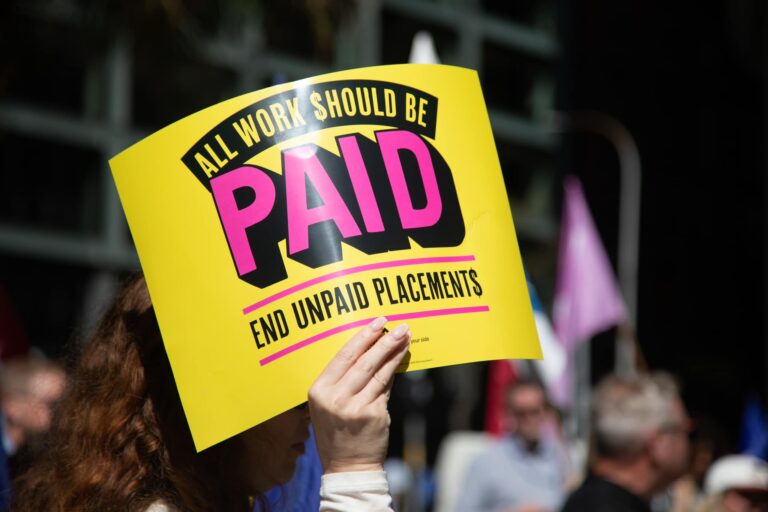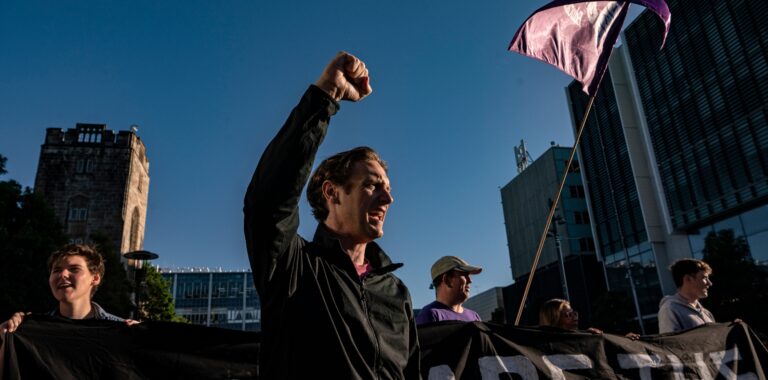
Conroy’s Filter
Internet service providers (ISPs) participating in the controversial Australian Communication and Media Authority (ACMA) Internet filter trials have asked for extra time to complete their tests.
Peter Hutton of OMNIconnect said that although there were no complaints about the predicted slowing of connections, there had been a lot of customer dissatisfaction with an over-zealous ACMA blacklist containing standard pornography sites.
“There was one popular site that some people couldn’t get through to because it was blocked. They opted out of the trial straight away. It was an embarrassing experience,” he said.
Other ISPs noted there was a lack of voluntary participants. Patrick Sayer of a small ISP, Nelson Bay Online, said: “Only 1 per cent of the entire user database decided to opt-in to the system, resulting in just 15 users participating.”
The number of people who opted for the trials is considered too small a sample for the statistics to be meaningful. “I would not have confidence in any of the results they find because of the way the sample has been constructed,” Dr Daniel Johnson, expert in statistics and senior lecturer at the Queensland University of Technology, said.
Dr Johnson explained the major reason why an opt-in system was selected was the difficulty in getting ISPs to force filtering on their customers and said the result was a system without a strong basis in science. “It’s probable that the results will be favourable for the survey because of the way they’ve collected data,” he said.
Professor Rob Hyndman of Monash University described the opt-in system as being useless statistically. “Compulsory trials on random sample groups would be ideal, but would create an ethical minefield”.
A year has passed since Minister Stephen Conroy announced that the Australian Government was considering an internet filter to protect children from exposure to Internet sites containing sex, violence and other things seen as distasteful by the majority of Australians.
The Internet contains a lot of material that even the most liberal users would consider offensive but how to deal with it is creating controversy. Should people be protected from offensive material? You might answer yes, but then you have to accept the validity of the ACMA blacklist, which is a secret document and so beyond public scrutiny. And how do sites get put on the blacklist? Anyone who is offended rings up ACMA and complains – there is no right of defense and no notification.
Senator Conroy has on various occasions demonstrated a lack of understanding of how the Internet works and not enough respect for our basic rights of freedom of speech and freedom of choice. His oft repeated mantra has been: “We’ll be guided by the trial; we’ve always said consistently we’ll be guided by the trial.”
For another view of the filter, check the site http://http://www.somebodythinkofthechildren.com//
– BY JEREMY BROWN









